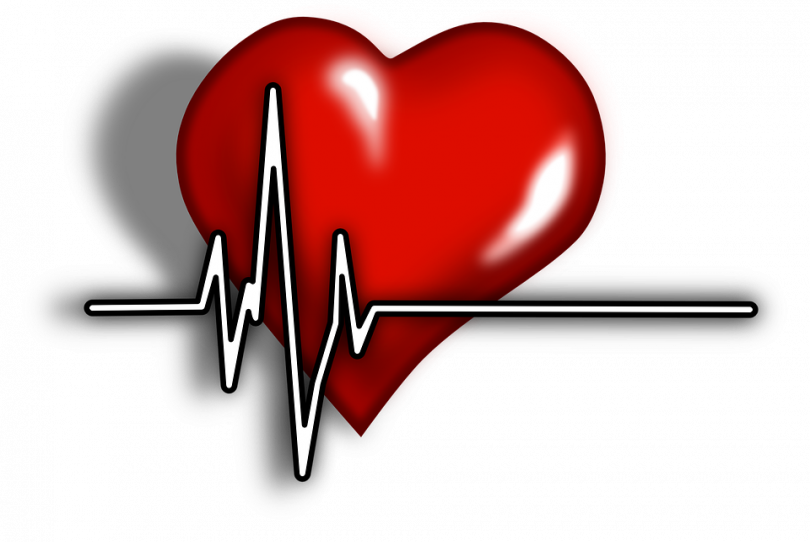Cannabis consumption is associated with a “racy heart” which is referred to as tachycardia in scientific terms. While it is true that cannabis may increase your heart rate, the exact mechanisms through which cannabis and its constituents affect cardiac activity are not well understood. As the world moves to embrace medical cannabis researchers, the medical community at large is keen on understanding any potential risks that cannabis, and specifically THC, may pose to the heart.
The adult heart rate usually registers between 70 to 80 beats per minute. When a person consumes cannabis cultivars that have high amounts of THC they are likely to have their heartbeat increase by about 20 to 50 extra beats per minute. In some cases, the heart rate may even double within the first 15 minutes.
THC as a Vasodilator
THC is a vasodilator which means that it causes blood vessels to expand.This is usually visible in the eyes. As the blood capillaries in the eyes expand there is increased blood flow which causes bloodshot eyes.
When blood vessels constrict, pressure builds up within them as would happen when you constrict a water pipe. The reverse is true, when blood vessels expand there will be less obstruction to blood flow and hence the pressure will drop. Eventually, the heart will have to work harder to pump blood that’s moving at a slower rate to ensure that it gets to all parts of the body. The heart having to pump harder against decreased blood pressure is what hypothetically increases the heart rate. [1]
Study Shows That THC Increases Heart Rate
Research that was funded by the National Institute on Drug Abuse has examined the effects of single doses of delta-9-tetrahydrocannabinol (THC) on autonomic cardiac activity and how this affects subjective feelings of tachycardia and anxiety. The participants in this study were healthy adult women who were occasional cannabis consumers. The participants were offered oral THC (7.5mg and 15mg) in three different laboratory sessions; another group received a placebo. Heart rate and blood pressure were observed as measures of autonomic activity.
The researchers found that the low-dose THC increased heart rate; the rate of increase was dependent on the dose of THC. It also increased the subjective feeling of intoxication and anxiety. The THC did not affect blood pressure significantly. The researchers concluded what has been suspected all along and anecdotally reported; THC increases one’s heart rate. [2]
Image Source
https://www.maxpixel.net/Emergency-Heartbeat-Pulse-Systole-Ekg-Cardiac-Ecg-156059
References
1- Richter, J. S., Quenardelle, V., Rouyer, O., Raul, J. S., Beaujeux, R., Gény, B., & Wolff, V. (2018). A Systematic Review of the Complex Effects of Cannabinoids on Cerebral and Peripheral Circulation in Animal Models. Frontiers in physiology, 9, 622.
2- Pabon, E., Rockwood, F., Norman, G. J., & de Wit, H. (2022). Acute effects of oral delta-9-tetrahydrocannabinol (THC) on autonomic cardiac activity and their relation to subjective and anxiogenic effects. Psychophysiology, 59(2), e13955. https://doi.org/10.1111/psyp.139










